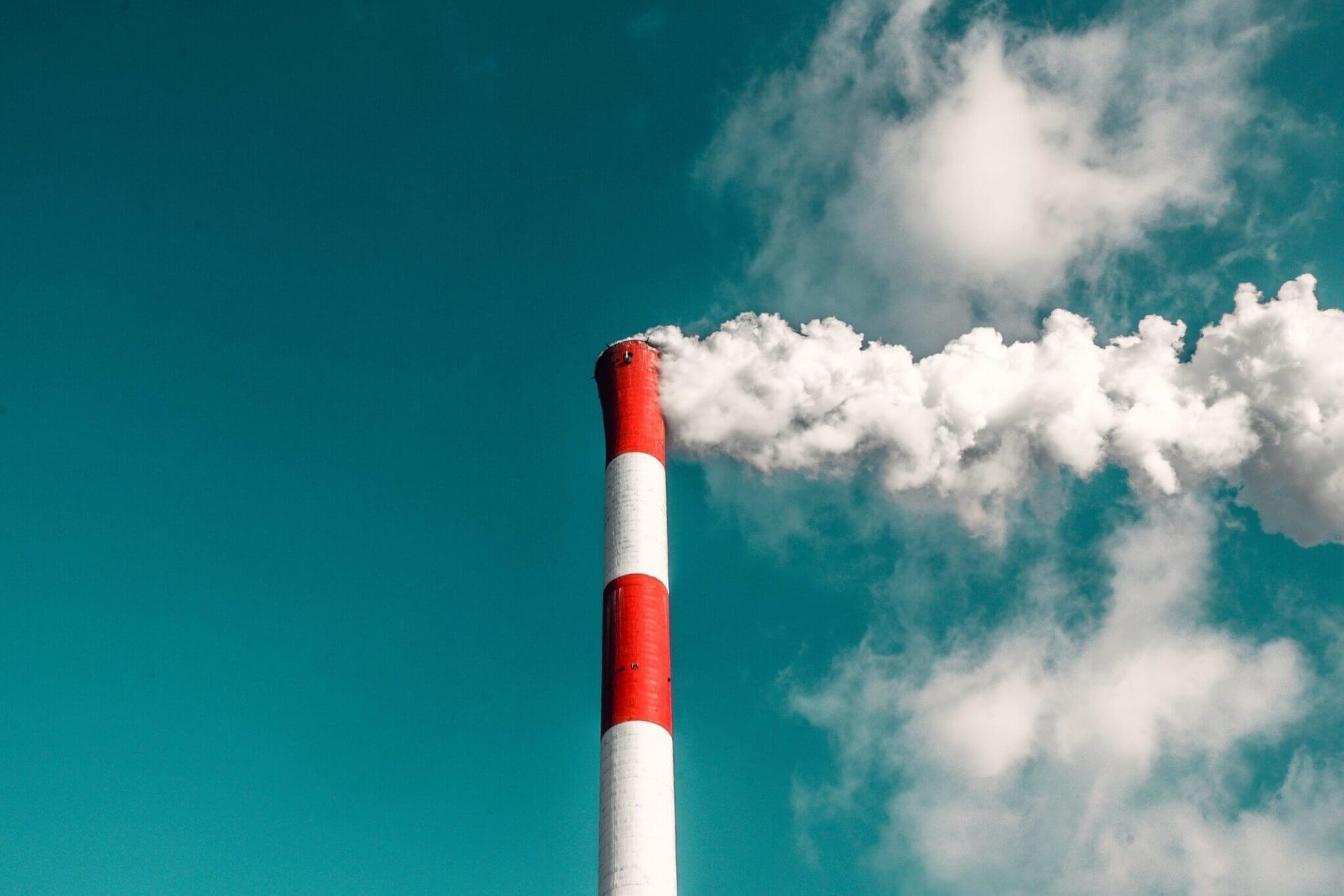In Capital in the Twenty-First Century Thomas Piketty among other things traced the history of the distribution of income between those whose income is derived from capital and those whose income is derived from other sources, notably labour, and forecast that in the absence of shocks such as world war or economic depression this distribution was likely to become more and more unequal in the future.
Unless all individuals derive their income from capital and labour in equal proportions, which in practice is never the case, this implies that the distribution of income between individuals too will become more and more unequal. This in turn implies that the distribution of wealth between individuals will become more and more unequal, unless those whose income is derived from capital as opposed to other sources save a lower proportion of it, which is hardly ever the case.
Such evidence as is available, and there is a lot more than there was even as short a time ago as ten years, suggests that in most countries the distribution of wealth between individuals became more and more unequal between the eighteenth century and 1913 and less and less unequal between 1913 and the 1970s, and that it has become more and more unequal between the 1970s and the present time.
The distribution of wealth between individuals is everywhere much more unequal than the distribution of income, with a Gini coefficient in the countries for which it has been calculated currently averaging about 0.65. Is such a high and currently increasing inequality in the distribution of wealth sustainable?
It is commonly believed that there is a positive correlation between inequality and economic growth, a belief exemplified in the title of Arthur Okun’s book Equality and Efficiency: The Big Trade-Off. The basis of this belief is the view that a greater degree of inequality provides a greater incentive for those responsible for economic growth to exert themselves.
Since it is conceivable that people are more interested in their absolute income and wealth than in their relative income and wealth, it could be argued that they will accept increasing inequality provided that economic growth is fast enough for their absolute income and wealth to grow.
However, the belief that at there is a positive correlation between inequality and economic growth is misguided. There are both theoretical and empirical reasons for rejecting it.
It is true that here are a number of theoretical reasons for thinking that more inequality promotes economic growth. For example, where there is relatively great inequality large set-up costs will be easier to meet, the savings of the rich will provide more funds for investment, and the poor will lack the resources, such as education, needed to disrupt economic activity effectively, even if they wished to do so.
However, there are also a number of theoretical reasons for thinking that more inequality hampers economic growth. For example, credit market imperfections particularly affecting the poor will reduce their ability to contribute to economic growth, remedial transfer payments and the associated tax finance will distort economic decisions, as will lobbying activities by the rich to prevent such redistribution, and socio-political unrest will reduce productivity.
There is no a priori reason to believe that either one of these sets of influences dominates the other.
Quite a number of empirical studies have sought to determine whether or not there is a correlation between inequality and economic growth. Most of these studies have come to the conclusion that the answer depends on circumstances, such as whether the country is rich, middle-income or poor, or within a country, whether the question relates to high income people or to low income people. On balance, the empirical evidence suggests that if anything the correlation between inequality and economic growth is negative.
So a capitalist economy is not faced with the dilemma that it must choose between inequality and low economic growth.
However, perceived inequality in the distribution of income and wealth may have been one of the reasons why in 2016 so many in two countries voted for radical political change, the British voting for ‘Brexit’ and the Americans voting for Donald Trump as President.
And if the distribution of income and wealth between individuals becomes more and more unequal in the future, as Piketty’s analysis indirectly implies, the survival of capitalism is called into question.
About the Author
This article was produced by Edward Elgar Publishing‘s blog which is filled with debate, news, updates and views from their authors and their readership. see more.





























